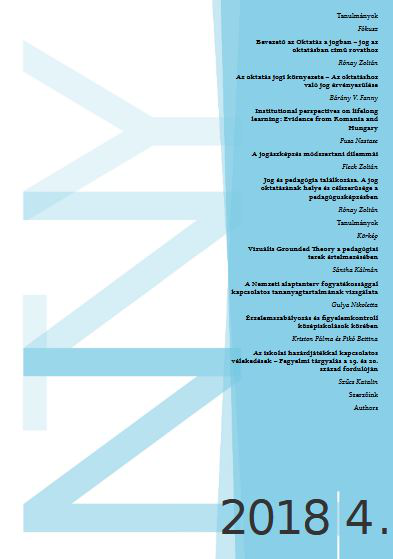Absztrakt
Romania and Hungary are among the countries with the lowest participation in lifelong learning among the European Union Member States. Many studies among them many funded from EU funds have been dedicated to the analysis of the system-level conditions leading to low participation. The institutional perspective is less explored which leads to the experience of LLL providers to be less heard. This article investigates the institutional level of LLL with a focus on universities and the non-degree programs available to non-traditional students in both Romania and Hungary. The findings show that the needed and suitable legal and policy framework is in place in both countries and that numerous non-degree types of programs are available at all four universities included as case-studies. Nevertheless, the lack of funding and prestige associated with non-degree programs, together with limited infrastructure are major causes for the limited number of students enrolled in these types of programs and their failure to reach a wider section of society. National differences such as the lack of coordination between ministries and agencies working on LLL (in the case of Romania) and the changes in the funding system affecting particularly social sciences and humanities (in Hungary) are also inhibiting factors for the increased participation in lifelong learning.
